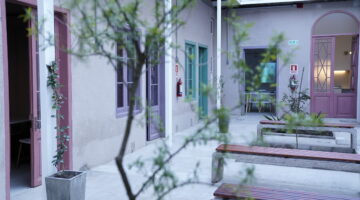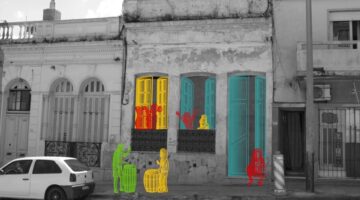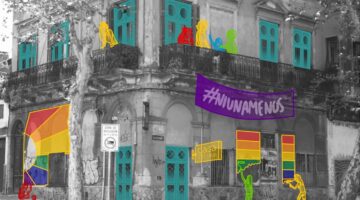Settlements Observatory, Montevideo
Main objectives of the project
In 2017, Montevideo created the Settlements Observatory. The objective was to have an instrument of information and public data on the biggest challenge the city faces: achieving livable environments for its most vulnerable communities, but maintaining its idiosyncrasy.
Date
- 2017: Implementation
Stakeholders
- Montevideo municipality - divisiontierrasyhabitat@imm.gub.uy
Location
Country/Region: Montevideo, Uruguay
Description
Montevideo today has more than three hundred informal settlements. They are inhabited by more than 120,000 people, most of them from vulnerable communities. This is the result of years of urban growth in a context of economic crisis and years of migration and uncontrolled urban sprawl. Thus, the city lived and lives a deep urgency. There is an urgent need to integrate these neighborhoods. But to do so, the magnitude of the problem must be known.
In the previous decade, it was unknown how many people lived in settlements (beyond census data), there was no knowledge of the status of the interventions, nor was it recorded in a unified way. For this reason, in 2017 the Settlements Observatory was created. This instrument aims to systematize the main indicators of the city's settlements. Thus, it aims to put data to the reality of the settlements, seeing their realities and differences. Moreover, it does it in a systematic and longitudinal way, being able to monitor its evolution. In this way, it becomes the evaluation and follow-up instrument for Montevideo's neighborhood improvement programs. The information related to irregular settlements includes data on interventions carried out by different agencies and institutions. This allows their categorization, as well as establishing whether or not the conditions of the definition of irregular settlement are maintained or not, in order to maintain or remove them from the database, respectively.
Each settlement collects a series of simple and mapped data in the metropolitan environment of Montevideo. Mainly, each settlement has a name, the area, the number of inhabitants, the status (intervened or not), the plan that intervenes in it and the number of dwellings. It is also possible to find out if they are in the process of regularization or not and since when or if their inhabitants have been relocated. All this makes it possible to follow up on people living in low climatic comfort, in sub-standard housing and to systematize the programs that have an impact on their environment.
One of the most important issues of the observatory was to be an instrument of transparency. Thus, in addition to influencing and improving programs, it also transfers information to interested agents, affected communities and other administrations on the work being carried out and the state of the situation. This transparency exercise is essential to encourage participation in the programs and build trust. The open data system also allows the intervention of universities, researchers and those interested in the subject, helping to delve deeper into the realities of the settlements.
In addition, the communities are also a vehicle for information. The observatory's ultimate goal is to ensure that these communities can also become empowered by the realities of their environments.




